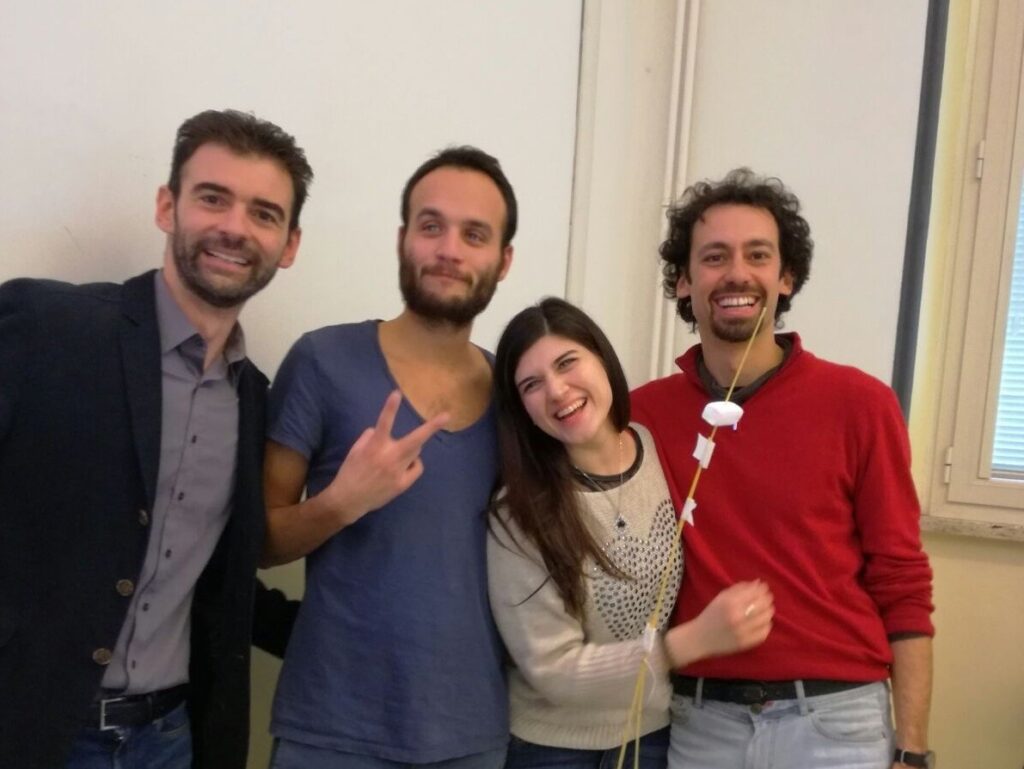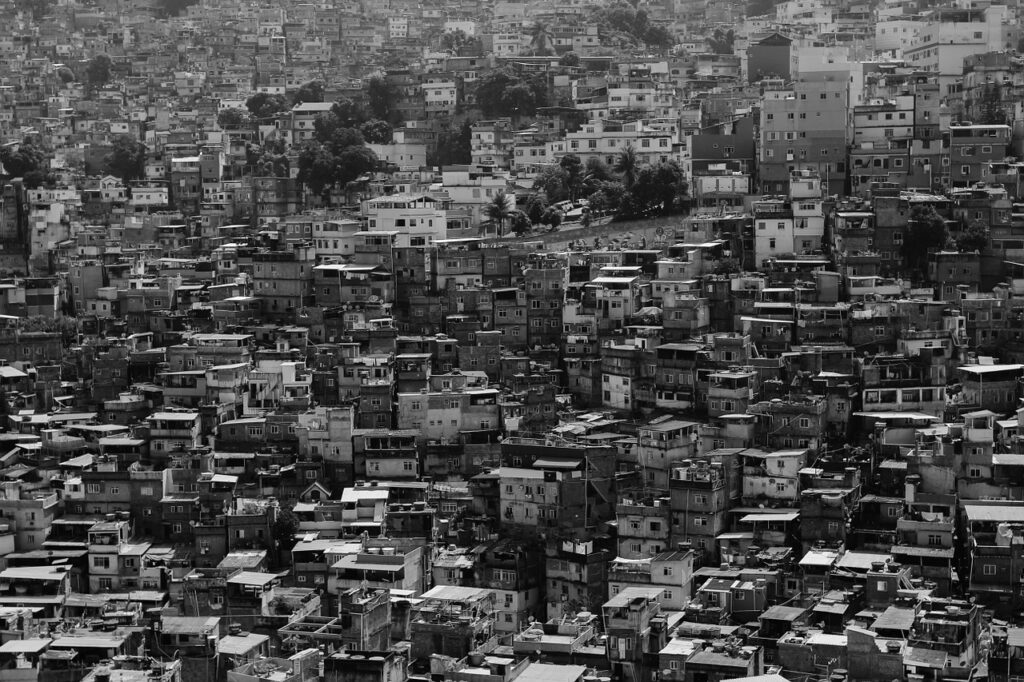Dora Lisa Mercurio | Career Service
On the 17th and 18th of December 2016, the students from the Master HOPE- in Humanitarian Operations in Emergencies Managing Projects, People, Administration & Logistic in the field, June 2016 Edition, were busy with the workshop ‘Working in Emergencies’ at the Polo Didattico in Rome.
14 students took part: the lecturer, for both days, was Massimo Dall’Olio, Senior consultant and trainer in HR Management and development.
The students, by the end of the 2 days, acquired the understading of:
- How to analyse, set and solve problems in a complex situation.
- How to set the adequate objectives by acquiring a basic knowledge on the tools for objective management.
- How to plan, recognise priorities, also in an emergency situation
- How to manage a working team
- How to communicate in an effective way also when under pressure
- How to solve and manage the cultural influence on the relation
- How to conduct an interview and how to give a feedback to the single person and team.
- How to organise an effective meeting, that engages the participants with the aim of reaching a common objective
According to the lecturer, Massimo Dall’Olio:
“In my experience of human resources management and training, I realised that the best cooperators are those who can put on the field their personal abilities and not just their technical skills. Being able to communicate, being able to work in a team and have the right attitude when facing problems, are abilities that can be acquired and trained even if they are often left on the side of our traditional study paths. During the two days of training, we put those themes at the centre of the attention and we have experimented techniques and tools to improve the personal competences and self-awareness.”
During the first day, the students have looked, through an introductive part, with some case studies and exercises, at the following themes:
MINDSET AND PROBLEM SETTING IN HUMANITARIAN FIELD
Changing our own mentality in order to develop an effective behaviour. Group activity: Metaplan. Mapping of the humanitarian field criticalities. Problem setting: technical reformulation and locus of internal control. The importance of the mental approach.
STRESS MANAGEMENT AND SECURITY
Personal safety and wellbeing. Risk, danger, threat and damage.
Tools and notions to work safely in the humanitarian. Stress management.
MANAGING BY OBJECTIVES AND PLANNING
Objectives management, transforming the problem into an objective. Basic characteristics of an effective objective. Importance vs urgency: how to recognise the priorities and organise the activities in an effective way.
Development of an action plan, how to share it with the interested parties and collaborators.
TEAM BUILDING AND COLLABORATION
Group exercise: “make your decision”. Teambuilding and teamwork: from the competition to the collaboration, building trust and pursuing the common objective.
During the second day, centred on the capacities and communication techniques, the students had the chance to analyse at the following themes:
COMMUNICATION SKILLS
Through an exercise “are you communicating clearly?”. Communication: the basic process of the communication. The feedback and the circularity of the communication.
Listening capacity and effective questions. Communication Axioms.
Communicating in a multicultural environment and managing a team in different countries.
GIVE AND RECEIVE FEEDBACK
Lead an interview: steps and techniques with a role play. Debriefing and feedback on personal communication style.
GROUP DYNAMICS: CONDUCT MEETING
Group dynamics and conducting a meeting: processes and tools.
#Working4SocialChange..!



